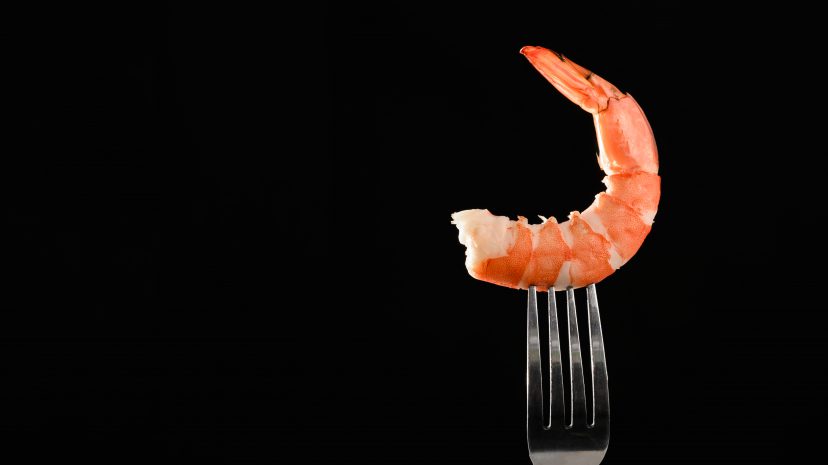Directors involved in a cartel can be held personally liable by creditors and liquidators for damages suffered by the company. These damages may consist of the cartel fine imposed on the company or even the bankruptcy deficit. What evidence must be provided by creditors and liquidators in this regard? And when can a director be excused? The North Netherlands District Court recently ruled on these questions.
The case
This case revolved around one of the Netherlands’ largest traders in North Sea shrimp, Heiploeg. The director of Heiploeg had maintained intensive contact for years with one of their main competitors, Klaas Puul. The European Commission established after an investigation that the competing shrimp traders had coordinated their sales prices and purchasing behaviour and shared customers. The Commission imposed a cartel fine on Heiploeg of 27 million euros, after which the company went bankrupt.
Personally liable for cartel fine and bankruptcy deficit?
The liquidators subsequently held the former director personally liable for payment of the cartel fine and the bankruptcy deficit. This despite the fact that he had left the company years ago and had also been discharged. The legal basis: improper management (Article 2:9 Dutch Civil Code) and tort (Article 6:162 Dutch Civil Code).
According to the liquidators, the director had been closely involved in the prohibited activities and knew, or at least should have realised, that this conduct constituted a violation of the competition rules. By doing so the director had taken irresponsible business risks.
The liquidators’ contentions and evidence were largely based on the European Commission file, which they had obtained through the European Regulation regarding Public Access to Document. Indeed, since the introduction of the Cartel Damages Directive, interested parties can request inspection and access to important documents in support of their case.
Director held liable for 48% of the cartel fine
In its judgment, the court ruled that the director had indeed improperly fulfilled his duties and was liable, because he could be seriously blamed personally. The court found the alignment of purchase and sales prices and the sharing of customers to be a ‘very serious violation’. According to the court, the director was a founding father of this behaviour, had actively contributed to it and had created a company culture in which this behaviour was not corrected.
With regard to the claim for payment of the bankruptcy deficit, the court ruled that Heiploeg was already structurally experiencing financial difficulties at the time the cartel fine was imposed. Heiploeg had in fact been taken over by a party that financed the purchase with a loan from Heiploeg itself (leveraged buy-out). The debts had tripled and there were already considerable payment problems. In legal terms, the ‘conditio sine qua non’ link was lacking: Heiploeg could have gone bankrupt even without the cartel fine. In that light, the court did not find it appropriate to hold the director personally liable for the bankruptcy deficit.
This was different for the cartel fine of 27 million euros. Although the director had already resigned for almost 10 years when Heiploeg was fined, he had still been involved for almost half the period that the infringement had lasted. He could therefore be held proportionally liable for that period, being an amount of 13 million euros.
The liquidators had not only sued this director. Prior to the proceedings they had reached a settlement with other executives and supervisory directors. For this reason, the court ruled that the amount of 13 million euros must be reduced by the amount that this director could still have claimed from them on the basis of the board’s collective responsibility for the management of the company.
Conclusion
The 2014 Cartel Damages Directive was intended to make it easier for parties who had suffered damage as a result of a cartel to obtain compensation for their loss. This directive has stirred up momentum and is still relatively young. This development of a director being found personally liable for a fine imposed on the company was quite ground-breaking in the Netherlands. COMP.Lawyers aims to keep you informed of other developments in cartel damages cases.
Would you like to know more about cartel damages litigation? We are happy to speak to you.
